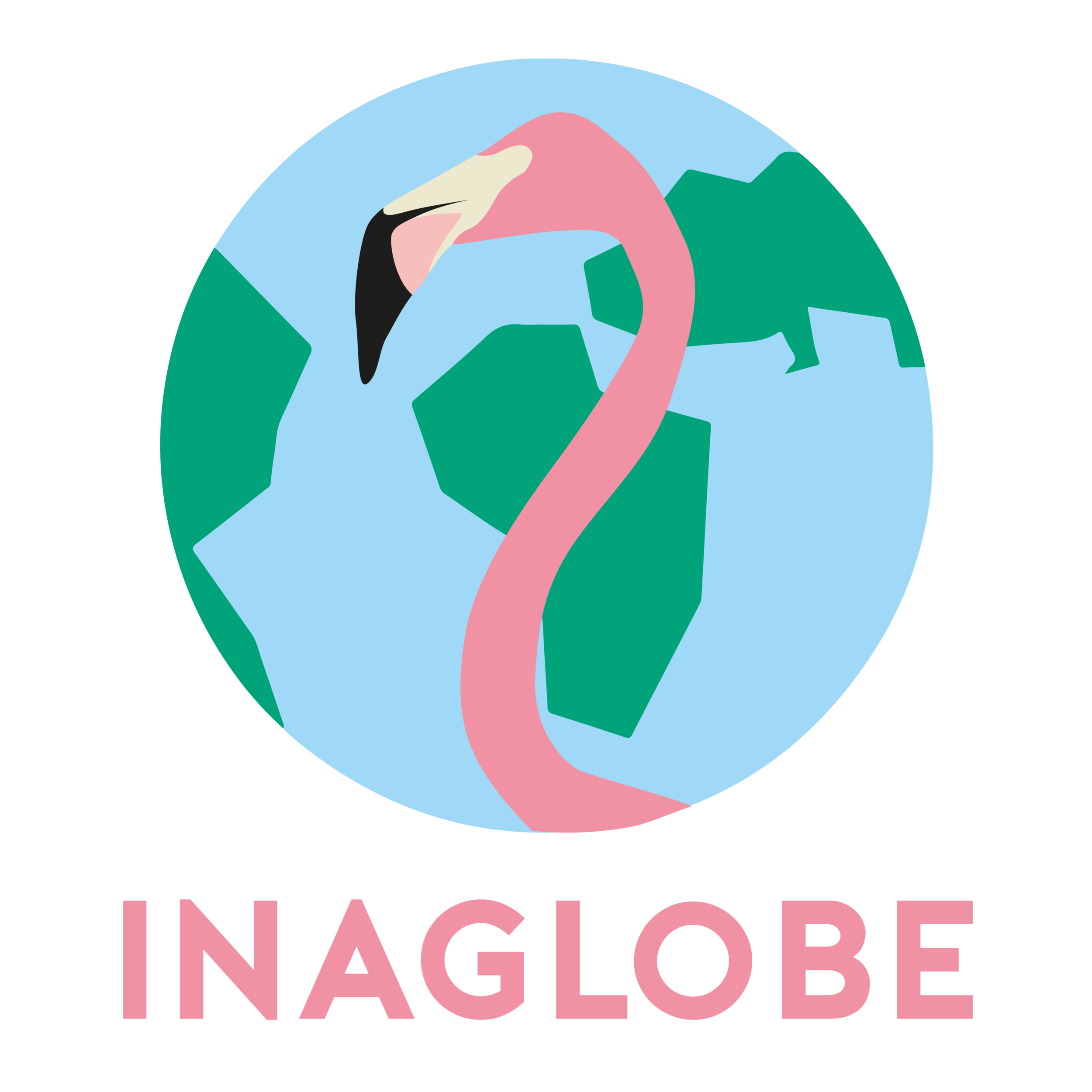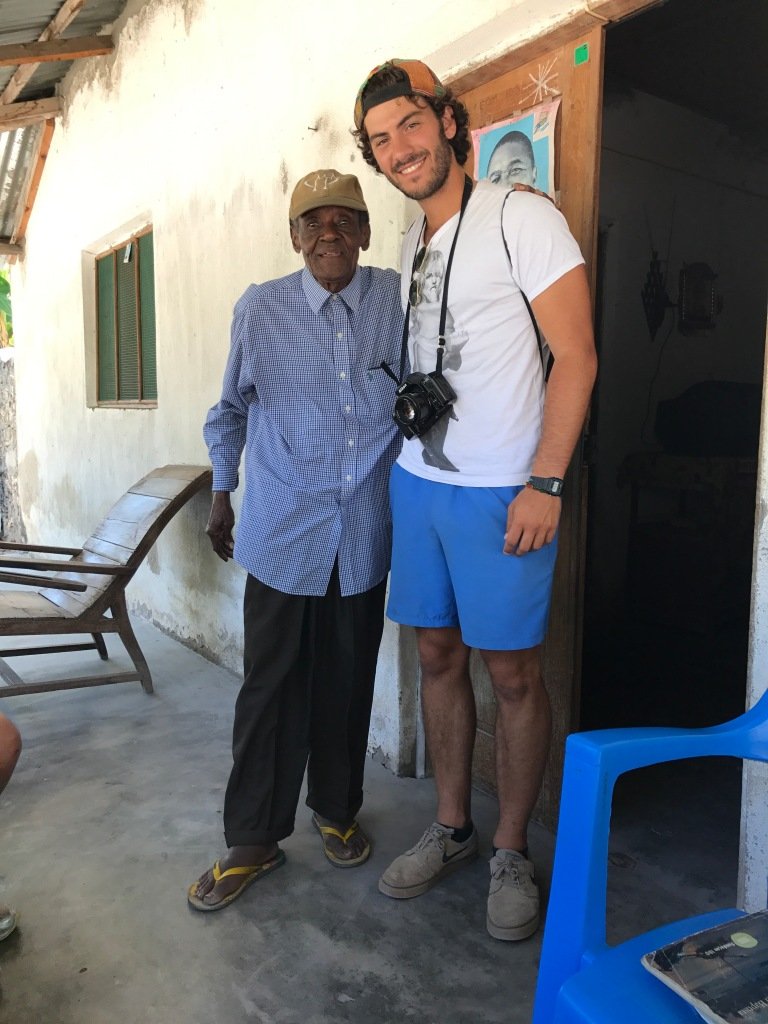Powder Polvo & Rice
The day after our field day with Helvetas we made our way to the remote island of Ibo. The day began with a not so moderate degree of uncertainty and stress, given that our transport changed driver unexpectedly, and the vehicle transmitted close to zero trust in making the long drive to Tandanhangue within the time needed (a public chapa boat leaves for Ibo every day at high tide, there is no other option – apart from private hires). We did finally make it in time, just… as we arrived we filled the last three spots, and the boat left. The boat ride was pleasant, especially given the fact that we managed to make it, and despite the fact that a goat was located directly beneath our legs. After setting off at 4 A.M., we managed to arrive at the island at 12 A.M.
Not having eaten anything all day, and being used to Mozambique’s rule of “you get your food 2 hours after ordering”, our first objective was finding a restaurant. We soon found out that the only two “restaurants” at Ibo are Benjamin’s and Nassir’s houses. That shows you how remote Ibo really is! They both serve delicious fresh fish, octopus or squid, along with as much rice and matapa (local dish) as you please. There’s a catch. Due to the little number of tourists at the island, Benjamin and Nassir must go buy your food in the market before cooking, which meant meals had to be planned at least 4 hours in advance! Luckily, our Omani friend, Saleh, and Pablo, both who we had met in Ilha de Moçambique was also in Ibo, and we got to tag along to his meal at Nassir’s. After a long meal in Nassir’s backyard, we decided to switch hotel from our initially planned Karibuni to a slightly more comfortable Miti Miwiri. This was by far the best accommodation of our whole trip, and made our 4 days in the deserted island of Ibo a lot more pleasant. We spent the rest of the day discovering the island. The majority of its 7000 habitants live in one corner of the island, near the lodges. Similarly, to Ilha de Moçambique, locals were excited to see some new faces and were happy to show us around (or follow us around in packs of 30 in the case of boys and girls under the age of 12).
Our second day started with a boat trip to the near by island of Matemo, along with some snorkelling on the way. We were joined by a group of Spanish ladies, who had also found out that scuba-diving at the island was way too expensive and snorkelling would be the only option, and a terribly interesting Indian couple whom both worked in InAGlobe fields of interest: Design Engineering and Social Entrepreneurship Education. We started off by snorkelling with dolphins and followed by a beautiful shipwreck. When asking when the shipwreck happened, our captain/guide told us “since forever, even before the oldest man in Ibo was born. No one knows!”. Finally, we reached the island of Matemo, a deserted paradise island similar to those you see in the Maldives, where we got to do some exploring and reading before heading back to Ibo.
During the next two days, the boys stayed mainly around the village for a variety of reasons. One being that Xavi was not at his finest, feeling a little off and needing some time to recover, and because a lot of time was needed to discuss and further define the structure of the platform, of the partnerships and the next steps for InAGlobe. It was important to have these meetings given that Xavi was going to continue his way through Africa, and Jaime and Alberto would go back to Europe and take into their hands another kind of work for InAGlobe. A curious occurrence during these couple days of internal meetings was the common appearance of macacos, around the courtyard of the hotel!
Despite this, Alberto and Jaime did go on a historic tour of the village, which was terribly interesting, finding out the ins and outs of the different parties that had been involved in an island that had primarily been a slave trading island. It was actually the last colonial enclave to have stopped trading slaves (as it is generally understood, as one could say that slavery hasn’t yet been an abandoned practice). It was also the chance to see the oldest man in the island: Joao Baptista. This was a 90-year-old man who had lived through the Portuguese occupation, the war of Liberation, the Civil War, utter poverty, to finally be a mediating figure in between black people and white people, in search of a synergy that would help the island of Ibo. One evening, Jaime and Alberto took on the streets of Ibo driven by curiosity and joined the “party” at the local disco.





